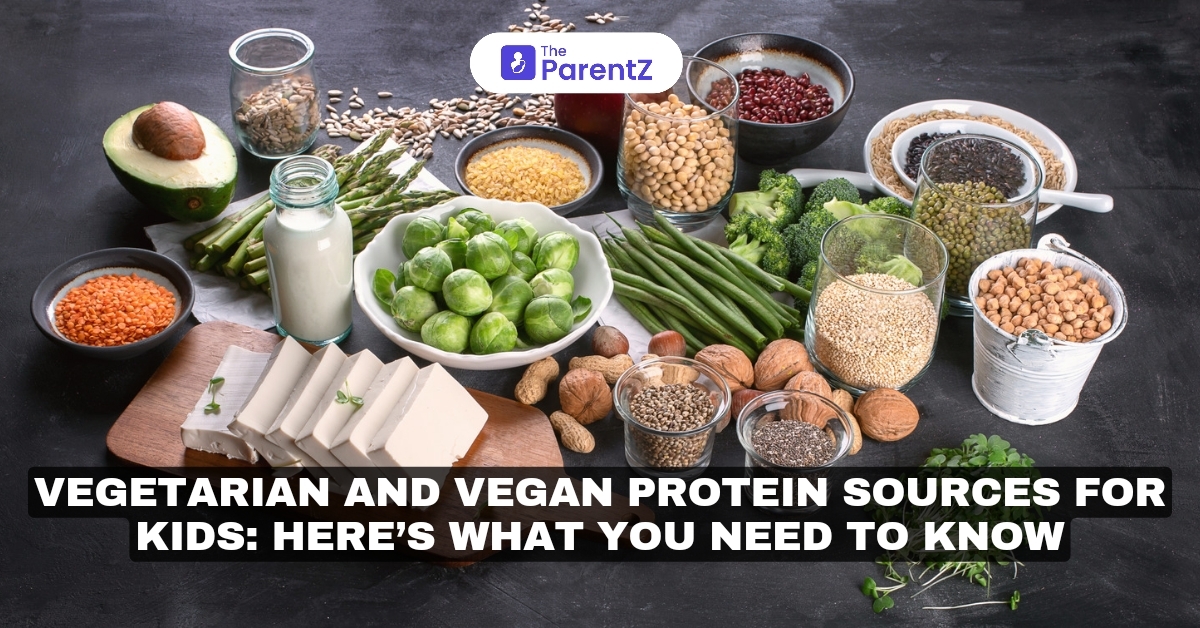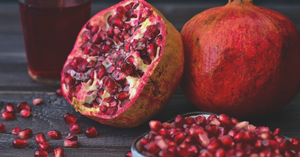Protein is essential for growth, repair, and overall development in children. Moreover, some misconceptions around plant-based diets may lead some to believe that vegetarian or vegan children are at a disadvantage. Kids on well-balanced plant-based diets can meet their protein needs, sometimes even exceeding the recommended daily intake. According to a study by The American Journal of Clinical Nutrition, vegetarian diets can provide all the necessary nutrients, including protein, if planned carefully.
Read this article to learn about the essential vegetarian and vegan protein sources for kids you need to know about.
Why Is Protein Needed for Kids?
Protein is a critical macronutrient for children, especially during periods of rapid growth. It helps build and repair tissues, supporting muscular development. According to the Centers for Disease Control and Prevention (CDC), children aged 4–13 need about 19 to 34 grams of protein per day, based on age and gender. On average, children between 4 and 8 years old require 19 grams of protein daily, while older children, between 9 and 13 years old, require 34 grams per day. According to the Academy of Nutrition and Dietetics, well-planned vegetarian and vegan diets are appropriate for all stages of life, including childhood.
Top 6 Vegetarian and Vegan Protein Sources
Here are some top vegetarian and vegan protein sources that must be incorporated into your kid’s diet.
Legumes
Legumes are one of the richest plant-based protein sources. Only half cups of lentils contain 9 grams of protein, which makes them excellent sources of protein. Chickpeas and black beans are other alternatives to protein. You can add lentils to soups, stews, or even veggie burgers, while chickpeas make great hummus.
Tofu
Tofu made from soybeans is high in protein and versatile in cooking and offers about 10 grams of protein per 1/2 cup serving. Marinate tofu to add flavor and try different textures. They are perfect for stir-fries, sandwiches, and salads.
Quinoa
Quinoa is not only high in protein but also a plant-based food considered a complete protein, which means it contains all nine essential amino acids. A single serving serves nearly 9 grams of protein. It can be used as a base for salads or mixed with vegetables and beans for a nutrient-dense meal.
Nuts and seeds
Nuts and seeds, such as almonds, chia seeds, and sunflower seeds are great sources of protein and healthy fats. Moreover, two tablespoons of peanut butter or almond butter provide 7–8 grams of protein. On the other hand, chia seeds offer around 4 grams per 2 tablespoons. Just spread nut butter on whole-grain toast or add chia seeds to smoothies or oatmeal for an extra protein boost.
Soybeans
It is another great soy-based protein source, containing about 8 grams of protein per half-cup serving. Just serve steamed edamame as a snack, or add it to salads and stir-fries for extra protein.
Whole Grains
Whole grains, including brown rice, oats, and barley, are great protein sources and offer a decent amount of protein. A serving of oatmeal provides about 6 grams of protein.
Takeaway
The fact is, a vegetarian or vegan diet can also meet protein needs; certain nutrients like vitamin B12, iron, and calcium may need supplementation. By incorporating legumes, seeds, nuts, and grains, parents can ensure that their child grows healthy and strong.









Be the first one to comment on this story.